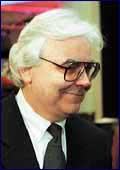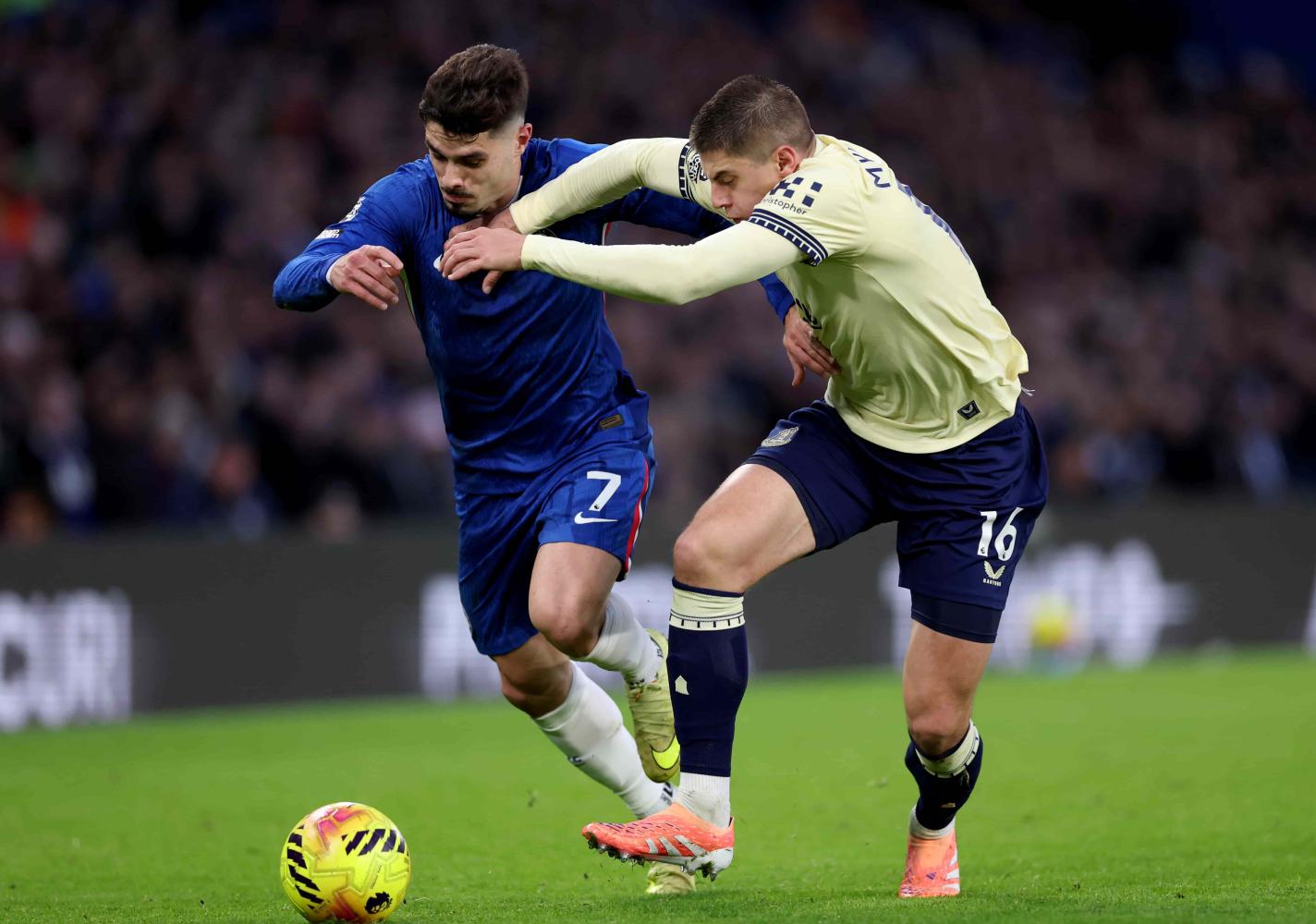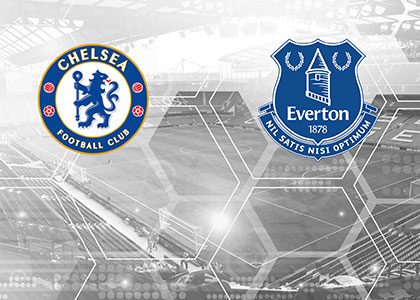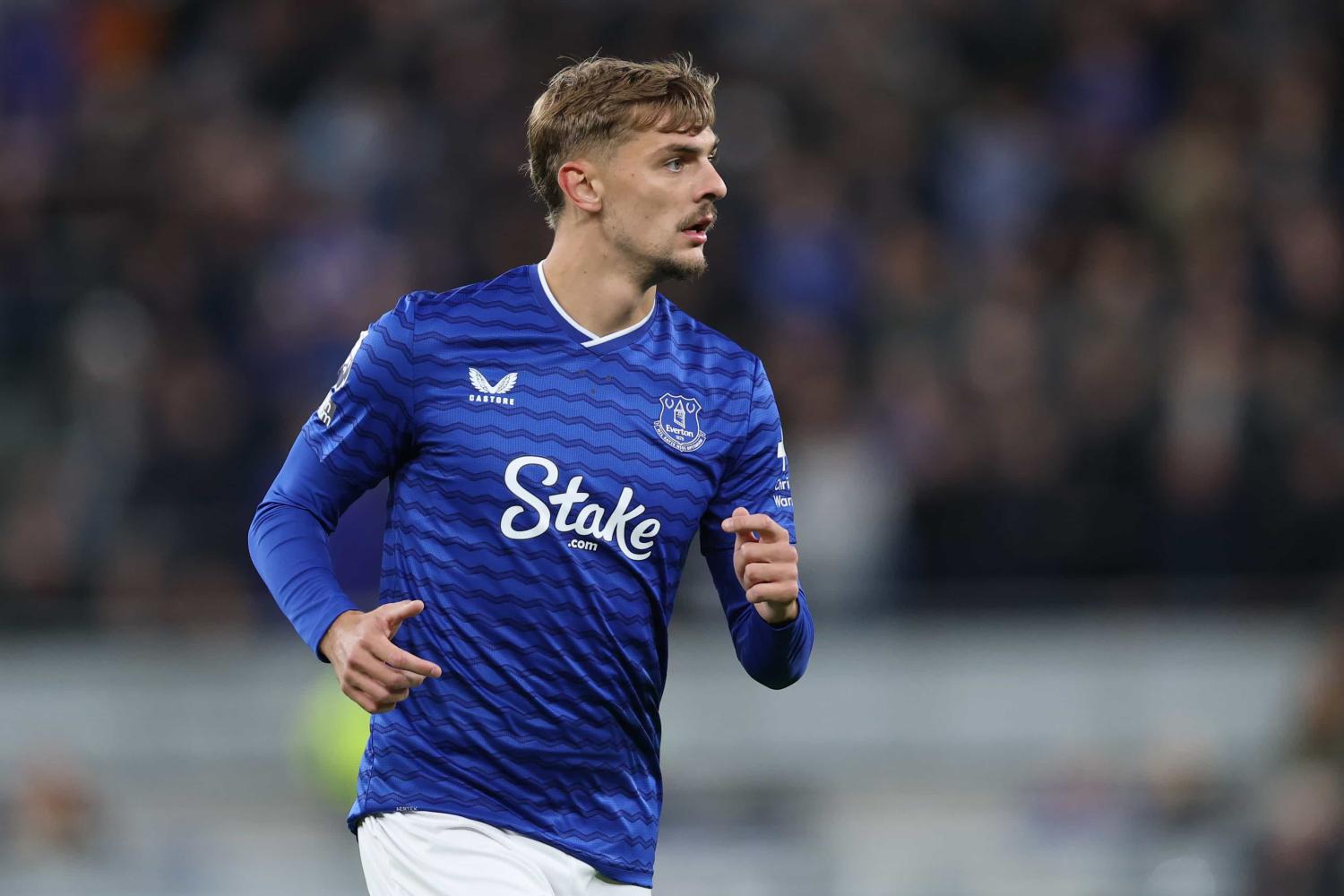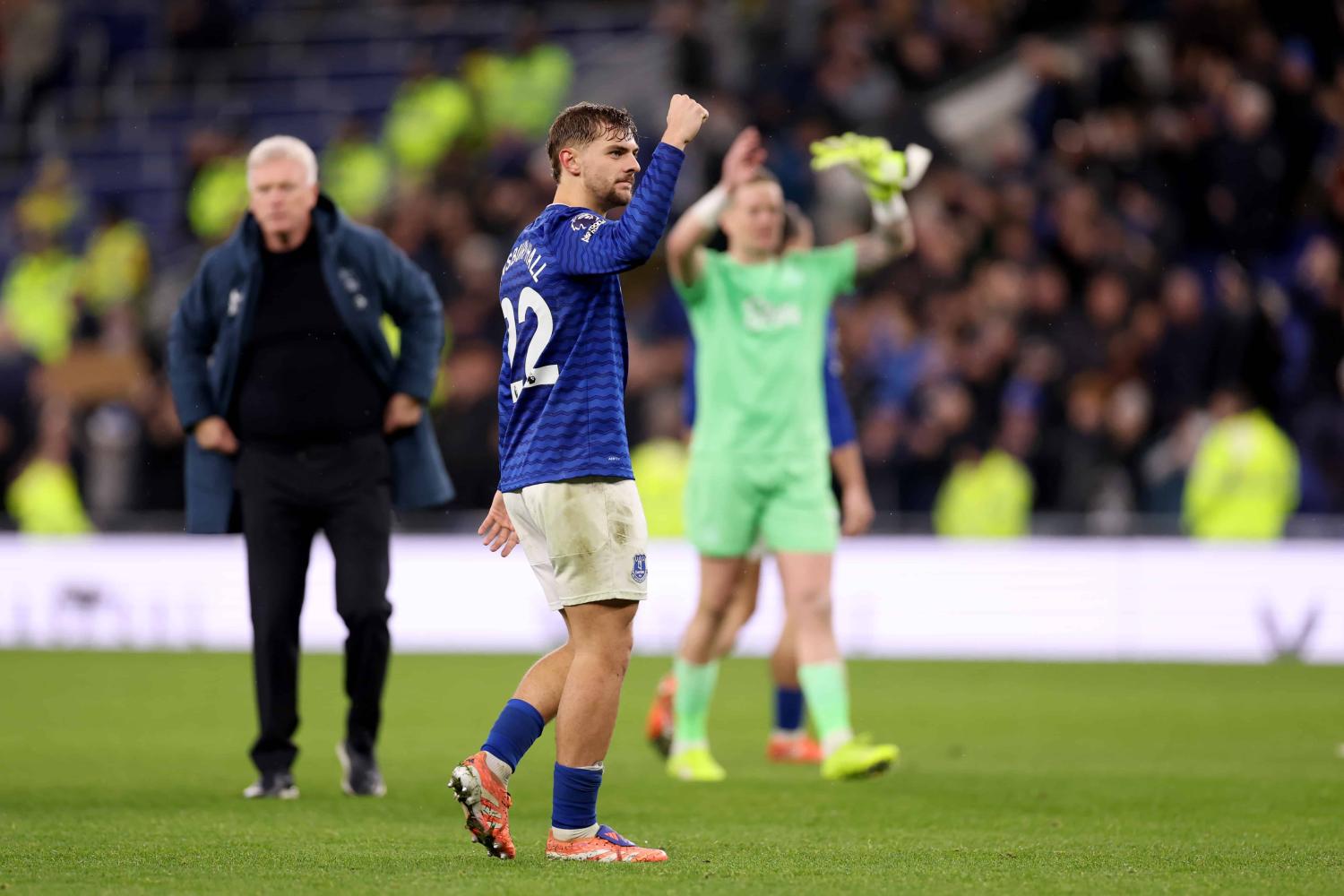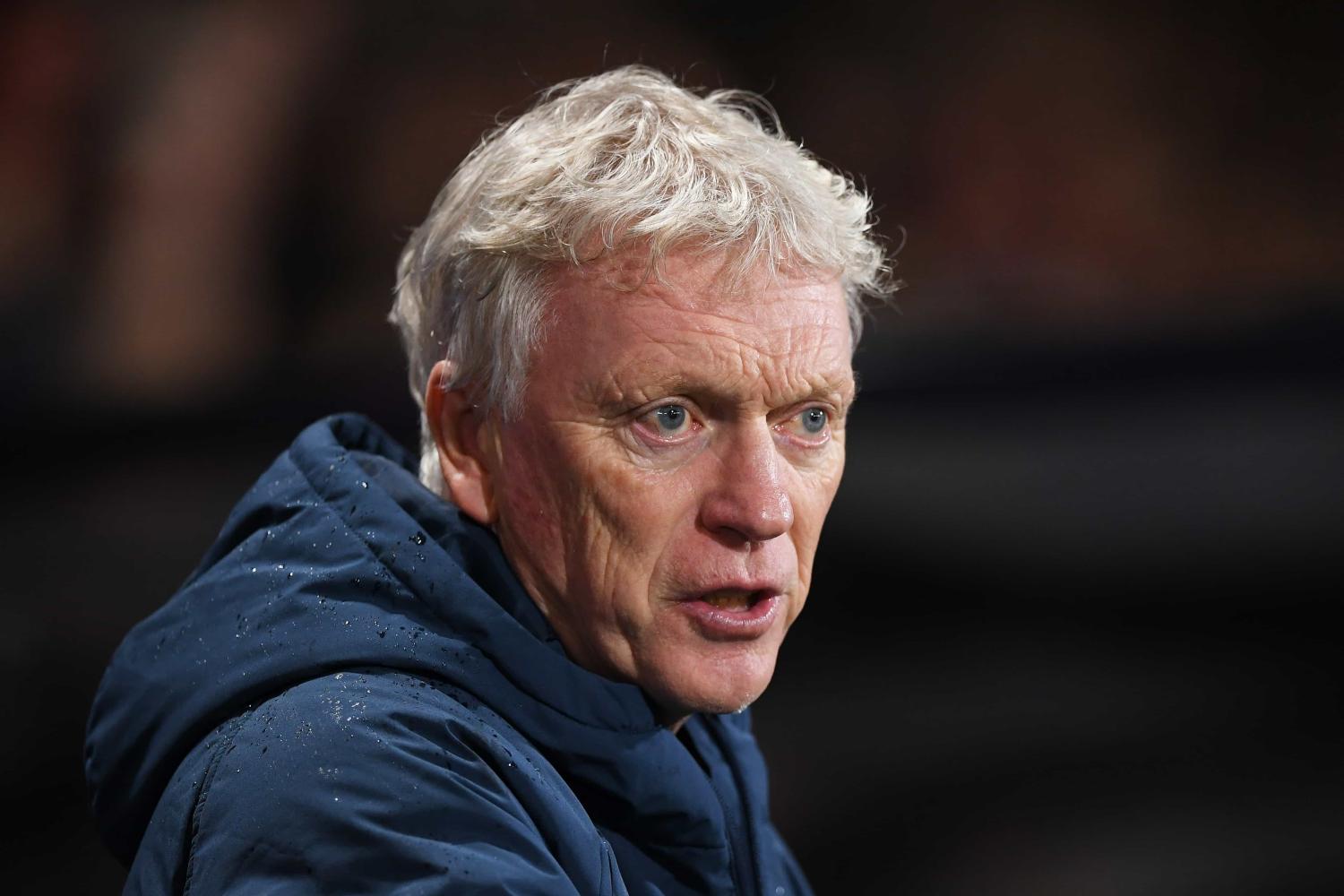ToffeeWeb Viewpoint
The 'Big Club' Mentality by Lyndon Lloyd
A little more than a decade ago, Everton was the quintessential "big club", in terms of league position, personnel and the club's ability to attract the best players in the country. On the back of unprecedented success in the mid-1980s, the Blues were where they belonged: at the forefront of the contemporary game. The well-trodden argument about the effects that UEFA's ban on English clubs following the Heysel disaster had on Everton's fortunes goes a long way to explaining the roots of the malaise at Goodison that followed in the 1990s, but at the heart of the club's problems lay complacency and a lack of forward thinking. Little did the powers that be at Everton realise it, but the domestic game was on the brink of a revolution, spearheaded by the advent of Sky Sports and the formation of the Premier League in 1992. While some clubs embraced the change and were immediately cognisant of the financial implications of a game run by the TV and advertising moguls, Everton remained stuck in its old ways and reliant on a century of achievement and lofty reputation. Sadly, it wasn't enough. By 1993, the message had hit home and, with the realisation that Everton FC was going to be in a fair amount of trouble if it didn't modernise quickly, moves were made to catch up with a situation that was clearly running away from them. A protracted and bitter battle for control of Everton between rival consortiums led by Goodison director Bill Kenwright and former Tranmere Rovers chairman Peter Johnson, eventually won by the latter's greater bank balance, heralded the beginning of change at Goodison Park. Johnson's millions, it was believed, were going to restore Everton to the big time. The reality was somewhat different, and the effects of the Johnson era are still governing the club's depressing fortunes. A series of very close flirtations with relegation disaster and a worsening financial deficit left the club on its knees by the time Johnson was forced out by a combination of supporter discontent, disagreement with manager Walter Smith and good old common sense. In debt to the tune of £15m and with incoming benefactor Bill Kenwright having used all his resources just to wrestle control from Agent Johnson, Everton's road back to stability was going to be long and hard. The mathematics surrounding the Johnson regime are murky. When the former Liverpool season ticket holder arrived at Goodison Park in January 1994, he underwrote the club's then overdraft of £10m and promised to pour cash into rebuilding the team. He appeared true to his word when high-profile signings like the Brazilian Müller, Nigerian striking ace Daniel Amokachi, Stan Collymore and Andrei Kanchelskis were attempted. Not all of them came off, but the fans believed that Johnson was prepared to bankroll Everton's drive to match the big spenders of the Premiership. Behind the scenes, it seemed that far from coming from Johnson's personal wealth, the money being splashed out on incoming players was coming straight from the club's overdraft, a situation that came to a head in November 1998 when Duncan Ferguson was suddenly sold to ease pressure from the bank. The uproar that followed the sale of the team's talisman was enough to send Johnson running from Goodison with his tail between his legs and to usher in the Kenwright era. Kenwright's administration has been slightly more transparent, but evidence of financial mismanagement, however well intentioned, still looms large. The club's overdraft is now rumoured to be in the region of £25m, mainly because Kenwright appeared to put all his chips on agreeing a £20m media deal with NTL. Having speculated on that windfall before it was signed and sealed, Kenwright found the club £10m worse off when NTL pulled out of negotiations. However, with successful US entertainment giants SFX on board, the pressure to better manage the finances and organise for profitability appears to be turning the tide, albeit slowly. And nowhere is the influence head of SFX's European arm and Everton director, Paul Gregg, more apparent than in the club's proposal for a new stadium on Liverpool's Kings Dock Waterfront which, if all goes well this week, will be ratified by English Patnerships as the recommended developer of the much-coveted site. Everton's Kings Dock bid was nothing short of superb and a pleasing departure from the catalogue of public relations disasters that were a feature of Johnson's tenure. An international-class stadium and entertainment complex is proposed, complete with retractable pitch and roof, on the banks of the Mersey, a project which just might hold the key to a brighter financial future. While it still hasn't hit the radar of a national media for whom Everton is no longer a big club worthy of column inches or air time, the Kings Dock could become the cornerstone of an Everton revolution and the dawn of a new era of commercial and PR success. However, that hope aside, the authorities at Everton still don't appear to be thinking of the club as an entertainment vehicle where the paying customer is king. Too many aspects of the club's day-to-day affairs appear to be shoddy and inconsistent with the grandiose plans for the Kings Dock; as if campaigning for the new stadium has left no time to attend to the smaller details. This mentality is perhaps encapsulated by the disarray at the Everton Megastore and stories of fans who were appalled at the treatment they received at the club when trying to buy season tickets for the coming Premiership season. Once such account, that sums up the way things have been run at Everton for years and are persisting, despite the impressive Kings Dock bid, was sent to us at ToffeeWeb Towers : "I was shocked at the procedure of one of Britain's biggest (if only in stature) clubs. We were given totally conflicting information from square one. First we could pay for the tickets without passport photos for concessions, and send them on at a later date. There are, of course, counters to this account, like the new voice for disabled fans and the small but symbolic touches added to Goodison Park last season in an effort to make the Old Lady more homely. These appear to be hallmarks of Bill Kenwright's more compassionate regime, but there is also a long way to go as stories like the above are a "dime a dozen". There can be little doubt that Bill has the interests of Everton at heart. He has worn that heart on his sleeve ever since he began his drive to buy out Peter Johnson at the end of 1998. The success of the stadium proposal, despite overwhelming odds, is the clearest indication of what the Kenwright regime can and may well achieve, but there is a long way to go before the "big club" mentality really is taken on board and a more consumer-driven model is applied at Goodison Park. Now more than ever, public image and a club's suitability for advertising and national exposure are the keys to financial success in the modern game. And without financial success, there simply will not be the resources to build a team capable of winning trophies. Let us hope that the Kings Dock bid is just the beginning of the tide turning, transforming Everton FC from a dinosaur living on past glories to pioneers of the modern football era.
|

